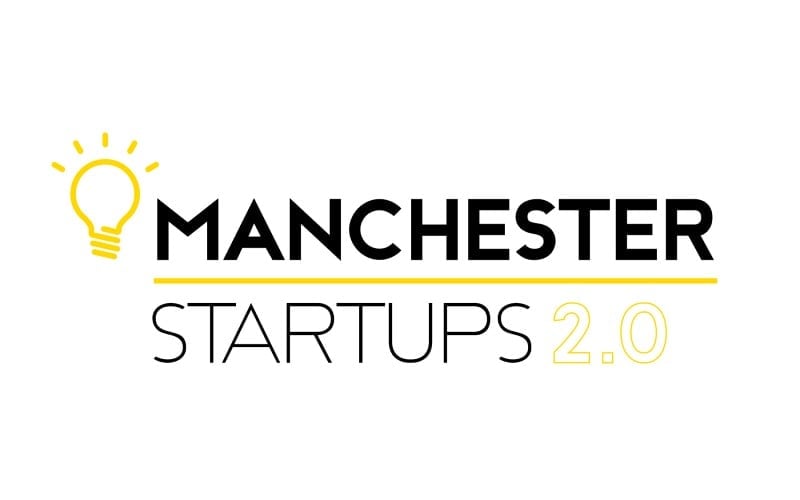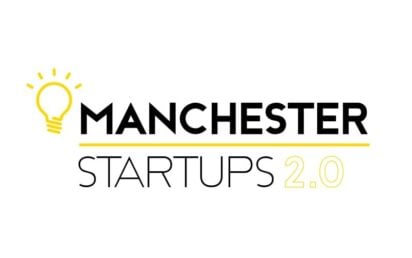Welcome to the first edition of Manchester Startups 2.0.
These 25 founder-led startups are not backed by venture capital. Bootstrapped, pre-seed or angel-backed, the enterprises are in the early stages of their journey and either building or harnessing a unique technology.
We invited nominations from our readers, key figures in Manchester’s tech scene and an array of incubators, accelerators and co-working spaces. Most of the successful companies applied with detailed explanations of their technology, successes to date and plans for the future.
Whether they are already making waves in the market or building a pre-revenue product with potential, the passion of this next generation of entrepreneurs is clear.
For example Eleanor Harry’s HACE: Data Changing Child Labour, founded in 2020, aims to empower businesses to make timely and data-driven decisions to proactively tackle a disturbing global problem.
One in 10 children in the world are involved in child labour. Companies are already spending on ESG initiatives – yet child labour is still present across most supply chains.
HACE helps companies to optimise their ESG approaches by using community data sets to determine the root causes of child labour for agricultural commodities such as cocoa, palm oil and specific industries such as ready-made garments. It also seeks to ensure affected communities and individuals are effectively remediated long-term.
Designed for financial institutions, the startup’s Child Labour Index, powered by artificial intelligence, scores companies on three aspects: Public Perception, Company Disclosure and Risk.
Another tech-for-good startup is Pet Trust UK, set up by CEO Felix Robinson with son Tom – the tech brains behind the platform – to promote responsible pet-buying and selling.
Prioritising animal welfare and secure transactions, it employs advanced algorithms for a robust screening process to identify reputable breeders adhering to ethical practices. Integrating with veterinary clinics and labs to verify a dog’s breed lineage and health history, it aims to ensure transparency and reduce genetic health risks.
Founded in 2021 and pre-revenue, the startup will use image recognition technology to place a transparent logo on dog photos to prevent fraud. A user pre-questionnaire and mandatory ID facial recognition checks ensure serious and responsible buyers, while video validation via Zoom ensures hobby breeders follow ethical practices. It is also exploring blockchain and NFC technology for fraud prevention and data storage.
A more established business is Collctiv, an app that helps group organisers collect money for activities and large gifts through simplifying the money collection and payment process. It enables them to send just one link and receive payments in less than five seconds – regardless of the banking or payments platform their group uses.
Once a group collection is complete, it offers users the functionality to withdraw the money to their personal bank account, send the money to someone else or spend the money straight from their Collctiv pot through the purchase of a gift card.
The startup was founded by Amy Whitell and Pete Casson, respectively former COO and CTO at EdTech star Twinkl, in 2019. Now employing 16 staff, its platform has already been used by 650,000 people in more than 100 countries – processing more than $40 million of payments.
And in the hardware product corner, we have Snippit – founded by MD Sam Marshall – a smart mirror for barber shops. It has three unique features: patent-pending ClearScreen technology; a two-screen design – displaying entertainment at the top and peripheral advertising at the bottom – and full customisation for clients.
Following an initial trial with some of the UK’s top barber shops and a focus group hosted in Manchester, Snippit has worked with HD Cutz London, barber to football stars including Manchester City treble-winning heroes Erling Haaland and Phil Foden. It is also in early-stage discussions over a deal with Gould Barbers, a major chain hosted in Tesco superstores around the UK.
Snippet’s plans to scale reside largely around building a successful advertising network. It will distribute mirrors using a unique payment option, FreePay, which allows barbers to pay for their mirrors via deductions from future advertising earnings.
The other 21 companies all have stories to tell – and we hope to bring you more news from their journey in the coming months and years.


